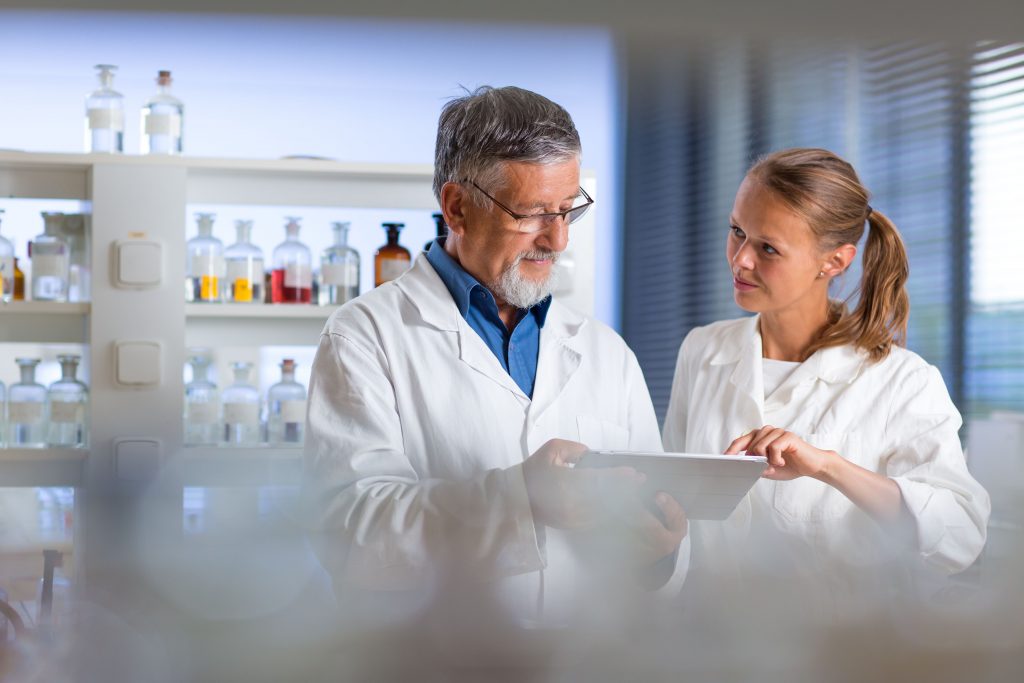
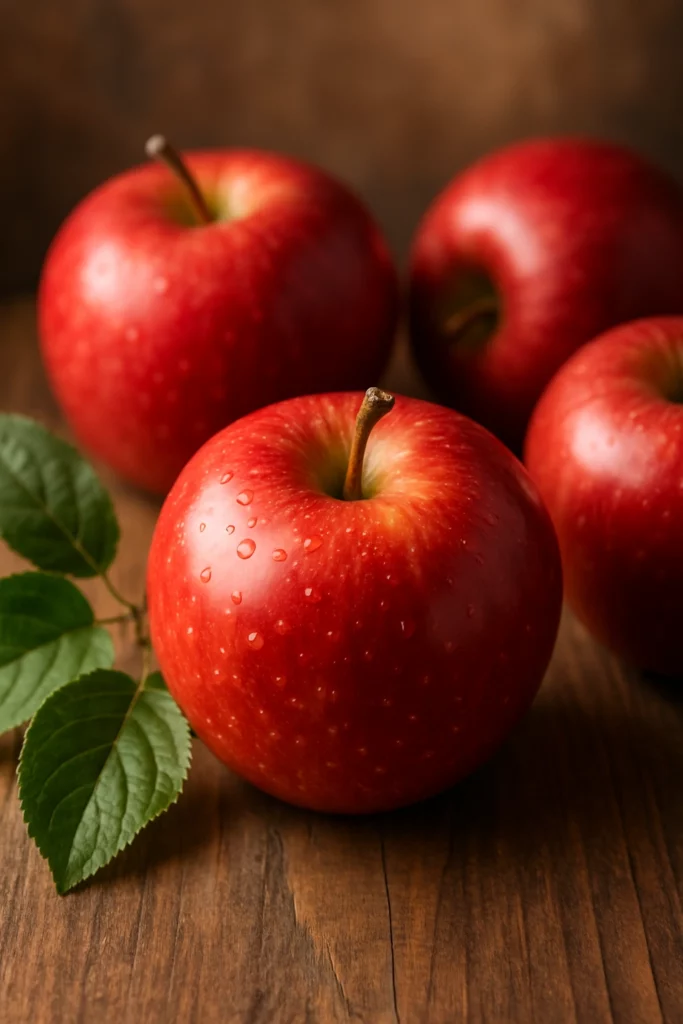
What is pectin and how does it work in the body?
Pectin is a complex carbohydrate, polysaccharide contained in the cell walls of fruits (apples, citrus fruits, plums, quince). It is not broken down by enzymes in the human digestive tract, but it plays an important role as a soluble dietary fiber.
Once pectin is consumed:
-
it retains water, forming a gel;
-
slows the absorption of glucose;
-
lowers cholesterol;
-
serves as food for beneficial bacteria in the colon.

The role of pectinase: is it really necessary?
Pectinase is an enzyme that breaks down pectin into simpler fragments (galacturonic acid, etc.). It is used in industry to clarify juices and improve extraction. In dietary supplements, pectinase is suggested as a means of “facilitating the digestion of fruit”.
However, the key question is, does the body really need this kind of help?
Arguments “for” pectinase:
-
Reducing bloating in people with sensitive bowels or IBS.
-
Improved tolerance to fruit diets.
Arguments against:
-
Pectin has a prebiotic function and its premature breakdown may reduce its microbiome benefit.
-
In a healthy person, there is no physiological need for pectin to be broken down in the small intestine.
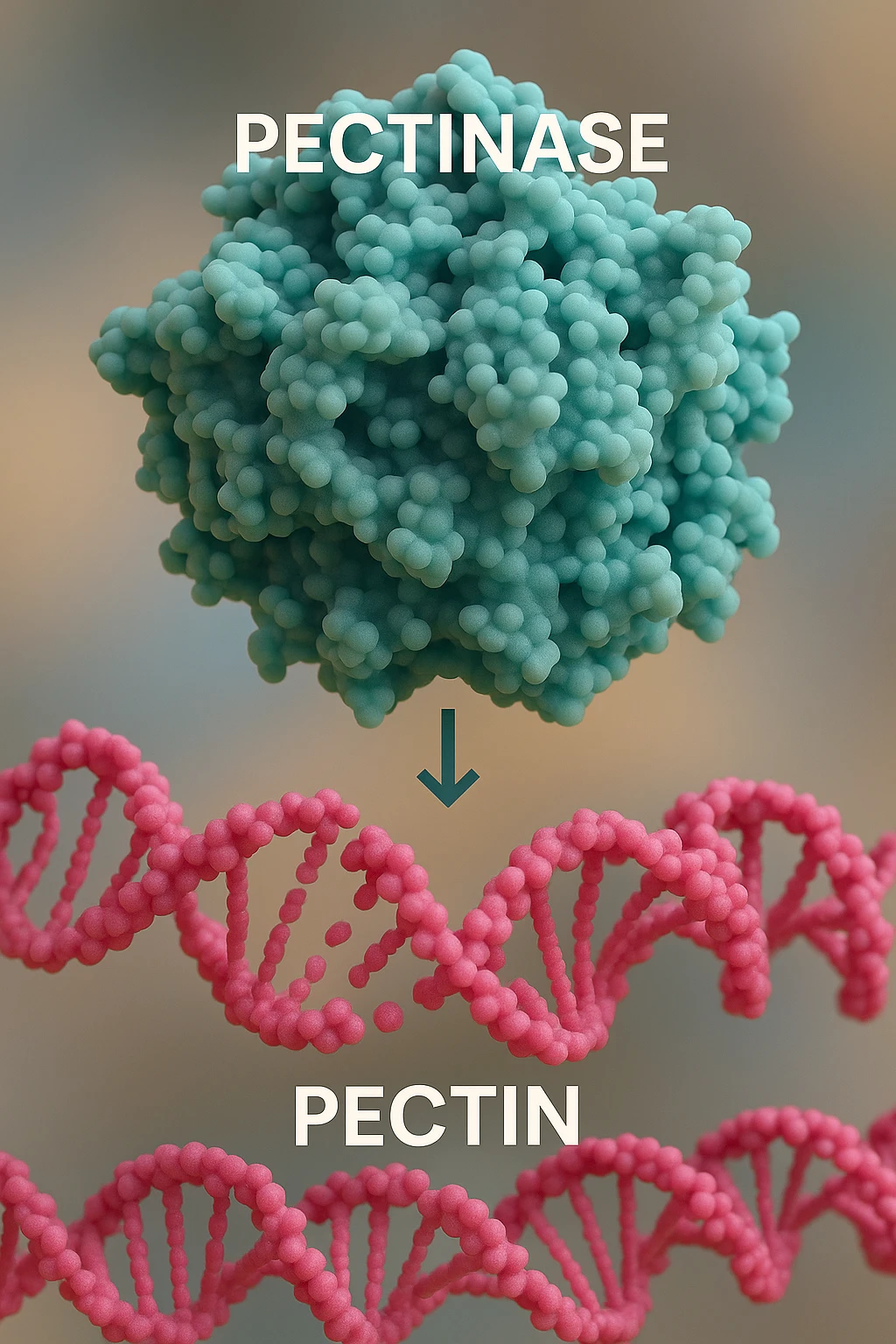
Pectin and the microbiome: an interaction that should not be disturbed
Pectin is a valuable food source for microbiota. It is particularly well fermented by bacteria of the genus Bacteroides, Faecalibacterium, Lactobacillus. Fermentation of pectin in the large intestine:
-
Produces short-chain fatty acids (SCFAs), particularly butyrate, a key factor in intestinal epithelial health;
-
supports anti-inflammatory balance;
-
improves gut barrier function.
Administration of pectinase may shift the balance of digestion in favor of the “upper” GI tract, reducing the benefit to the microbiome.
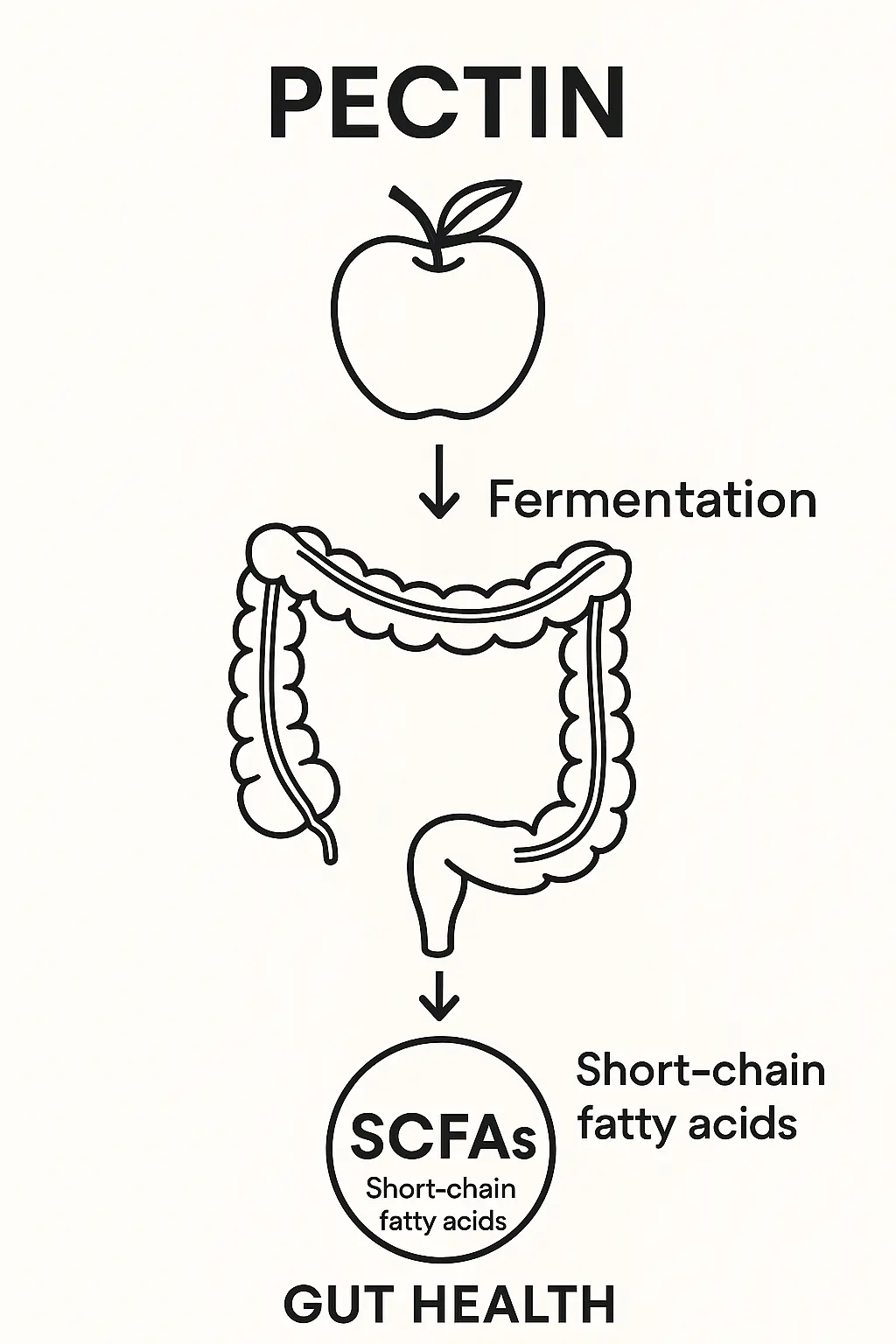
Table 1 Comparison of pectin functions with and without enzyme treatment
| Parameter | Pectin (native) | Pectin after pectinase action |
|---|---|---|
| Prebiotic effect | High | Moderate or reduced |
| SCFA output | Active | Limited |
| Impact on the microbiome | Positive | Neutral/doubtful |
| Reducing bloating | Can cause | Might reduce |
| Maintaining the intestinal barrier | Yes | Less data |

Indications for the use of pectinase
It only makes sense to consider pectinase in narrow cases:
-
in excessive gas after fruit;
-
in patients with irritable bowel syndrome (IBS);
-
in GI motility disorders.
However, pectinase is not necessary for the majority of healthy people, especially on the background of a diet with sufficient fiber.
Table 2. Pectins in nutrition: how best to use them
| Situation | Recommendations |
|---|---|
| Healthy person | Natural fruit, without pectinase |
| IBS with fiber sensitivity | You could try an enzyme supplement |
| Children’s diet | Do not add enzymes unless indicated |
| Vegan diet | The use of pectin as a prebiotic is important |
| After antibiotic therapy | Pectin – support for microbiome restoration |
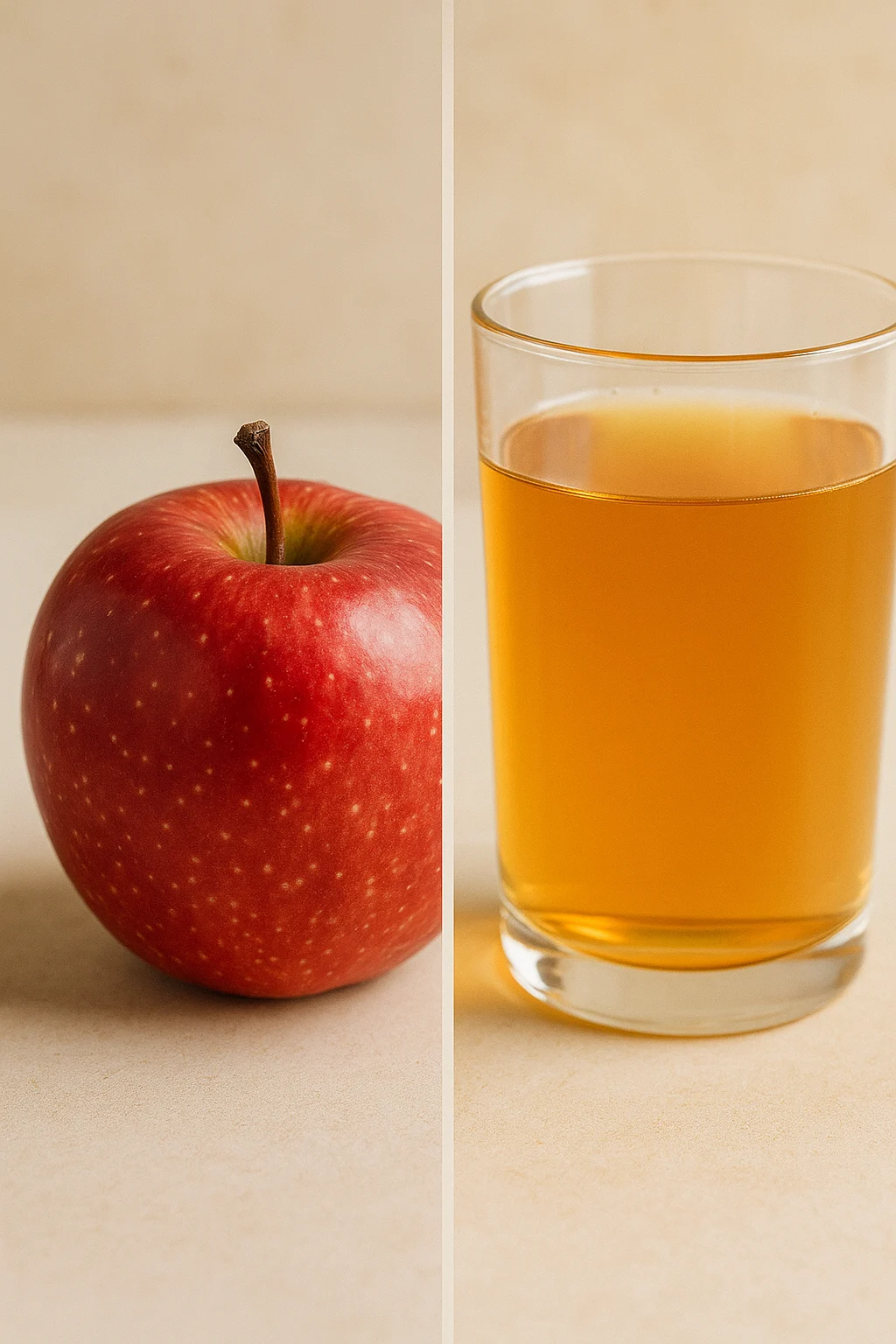
Conclusions
Pectinase is not a “universal enhancer” for fruit digestion. It should be used cautiously and for specific indications. In most cases, natural pectin is beneficial as a prebiotic, supporting the microbiome, reducing inflammation and improving intestinal barrier function. Disrupting these properties with enzymes is not always advisable.
Sources
-
Onumpai C. et al. Pectic oligosaccharides and their potential health benefits. Carbohydrate Polymers, 2011.
-
Vinolo MAR et al. Short chain fatty acids and human intestinal health. Current Opinion in Clinical Nutrition, 2011.
-
Slavin JL. Dietary fiber and body weight. Nutrition, 2005.
-
Holscher HD. Dietary fiber and prebiotics and the gastrointestinal microbiota. Gut Microbes, 2017.
-
Makki K et al. The impact of dietary fiber on gut microbiota in host health and disease. Cell Host & Microbe, 2018.




